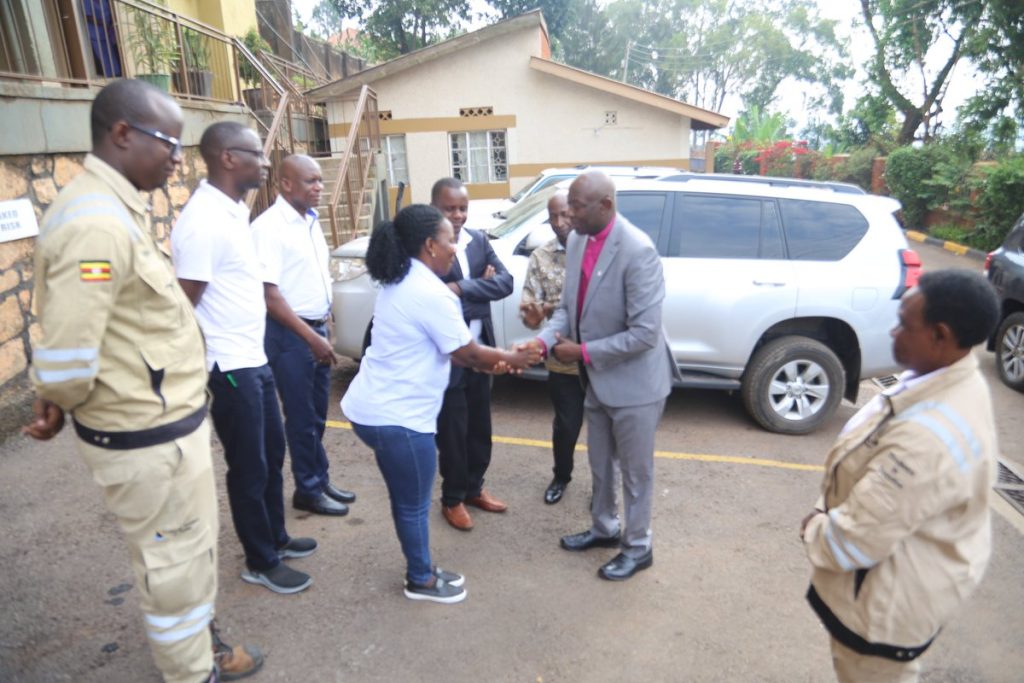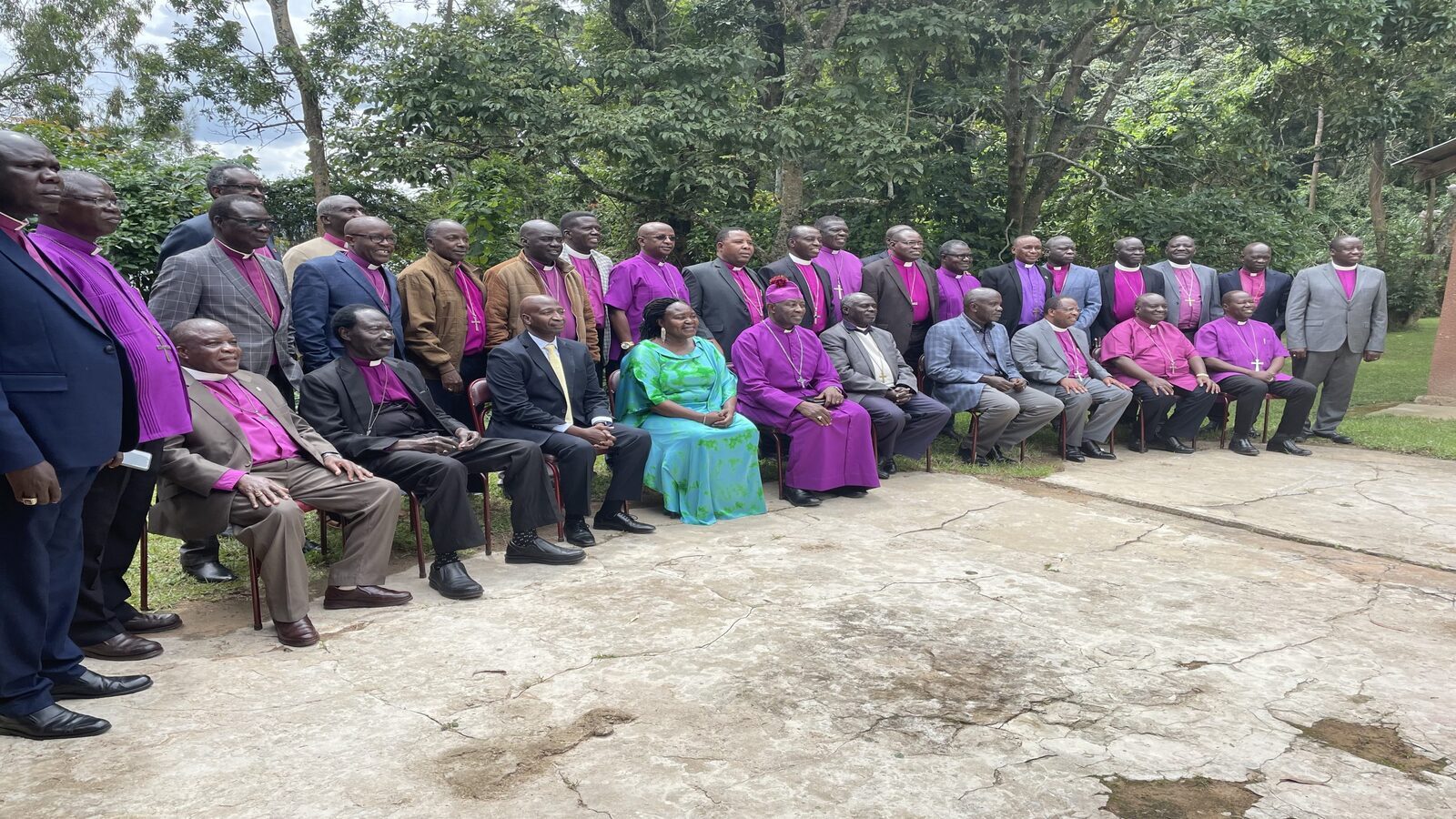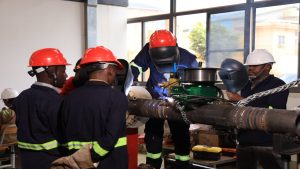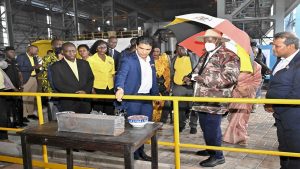Share
Religious leaders’ visit to the Albertine Graben is extremely significant in the context of Uganda’s oil and gas industry. The House of Bishops set out from Namirembe Cathedral to the Albertine Graben on June 28 in order to physically visit, educate themselves on, and interact with the many stakeholders in the oil and gas industry. The group was led by The Most Rev Dr. Stephen Samuel Kaziimba Mugalu.
Religious leaders, notably the House of Bishops from the Anglican Church of Uganda, were visiting this oil-rich region for the very first time, They were over joyed about the advancements the government had made there.
The districts of Hoima, Kikuube, and Buliisa have seen a lot of progress, but if you live in Kampala or another part of the country and have never had the opportunity to travel there, you are missing out on a lot of job opportunities, tenders, scholarships, contracts, and other opportunities.
The Kingfisher Project and the Tilenga Project have already hired thousands of people. employees include not only professionals but also those who have only recently graduated from technical schools with skills in plumbing, construction, truck operation, grader and tractor operation, security guards, environmental experts, etc.
One of the Bishops whispered, “So all this has been going on here? Do all of these Ugandans realize that such remarkable changes are taking place here? I hope they could all have the opportunity to visit; they would all return joyful and singing psalms to the Lord who gave this nation amazing minerals.
it is good that the Ministry of Energy and Mineral Development considered the idea of bringing religious leaders to the oil-rich region so they can see and even bless the projects. House of Bishops prayed for each of these projects at the Kingfisher site, Kabalega International Airport, and the Tilenga Projects.
Glory to God! Religious leaders have a special opportunity to inform and enlighten their flocks about the realities and promise of the gas and oil industry since they serve as the moral compass for their communities. Their responsibility extends beyond the four walls of the church; it includes directing our local communities toward sustainable development and prudent use of our natural resources.
The Executive Director of the Petroleum Authority of Uganda stressed during the visit that the regulations governing the sector are extraordinarily clear and robust, giving a strong foundation for transparency and accountability, in order to ensure that corruption is kept at bay in the industry.
the Archbishop once mentioned in one of his addresses that seeing the long-standing subterranean wealth is humbling.
The reality that we have yet to completely harness and utilize this wealth for the development of our country and its people, he continued, also dawns upon us all.
By actively participating in developments like the gas and oil sectors, religious leaders may close the gap between business and communities. They can promote discussion, address issues, and make sure that the general public benefits from this. Their involvement will increase Ugandans’ feeling of ownership, empowering them to actively engage in decision-making and profit from responsible resource usage.
In conclusion, the visit by Albertine Graben has highlighted the importance of religious leaders’ involvement in Uganda’s gas and oil industries. They play a crucial part in educating our congregations about the realities, opportunities, and difficulties related to this sector.
In order to achieve a peaceful coexistence between the gas and oil sectors and the principles we uphold as citizens, we as Ugandans all want to take on this role with the highest dedication. Together, we will make sure that this industry spurs long-term growth and serves as a source of pride for all Ugandans. Amen










